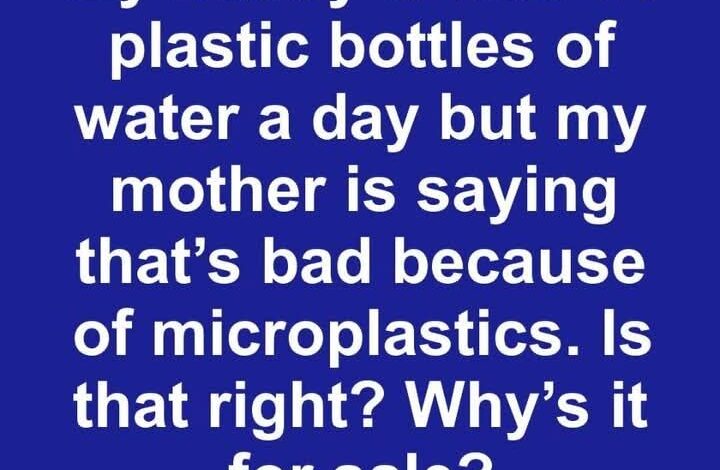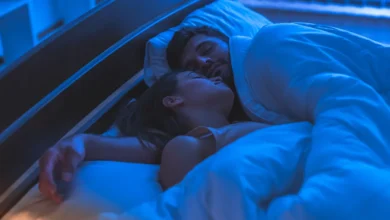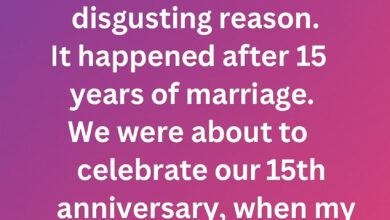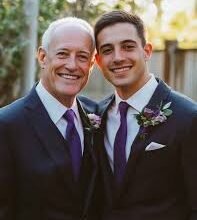I Was in the Dark About This”: A Story of Bottled Water and a Wake-Up Call

For years, I thought I was doing everything right.
I drank plenty of water—at least five bottles a day. I kept a case in the car, one under my desk, and a small stash beside the bed. Friends teased me, calling me a “hydration queen,” and I wore it like a badge of honor. What could possibly be wrong with drinking clean, convenient bottled water?
Then, one evening while scrolling online, a headline caught my eye:
“Microplastics Found in Bottled Water: What You Need to Know.”
Curious, I clicked. What I read left me stunned.
Apparently, those crystal-clear bottles I’d trusted so much weren’t as innocent as they looked. The article explained that plastic bottles, especially when exposed to heat or reused, could leach microplastics—tiny, invisible particles—into the water. I suddenly remembered all the times I’d left bottles in my hot car. My stomach turned.
Could I really have been swallowing plastic all this time?
I dove into the rabbit hole.
Microplastics, it turns out, are everywhere—oceans, soil, even the air. But bottled water? That was a new level of personal. These particles, some scientists warned, could carry toxic chemicals and disrupt hormones. The long-term health effects were still being studied, but even the uncertainty was enough to shake me.
What bothered me more was the realization that I had never questioned it. Bottled water had become such a normal part of life, I’d never stopped to ask: Is this even safe?
Over the next week, I made changes.
I bought a glass water bottle and installed a filter at home. The switch wasn’t just about me anymore—it was about the environment too. I learned that billions of plastic bottles end up in landfills and oceans every year. I had contributed to that, without a second thought.
Now, every time I refill my bottle, I feel a small sense of pride. I was once in the dark about microplastics and bottled water—but not anymore.
Sometimes, staying healthy means unlearning what we thought we knew. And sometimes, it starts with something as simple as the water we drink.




